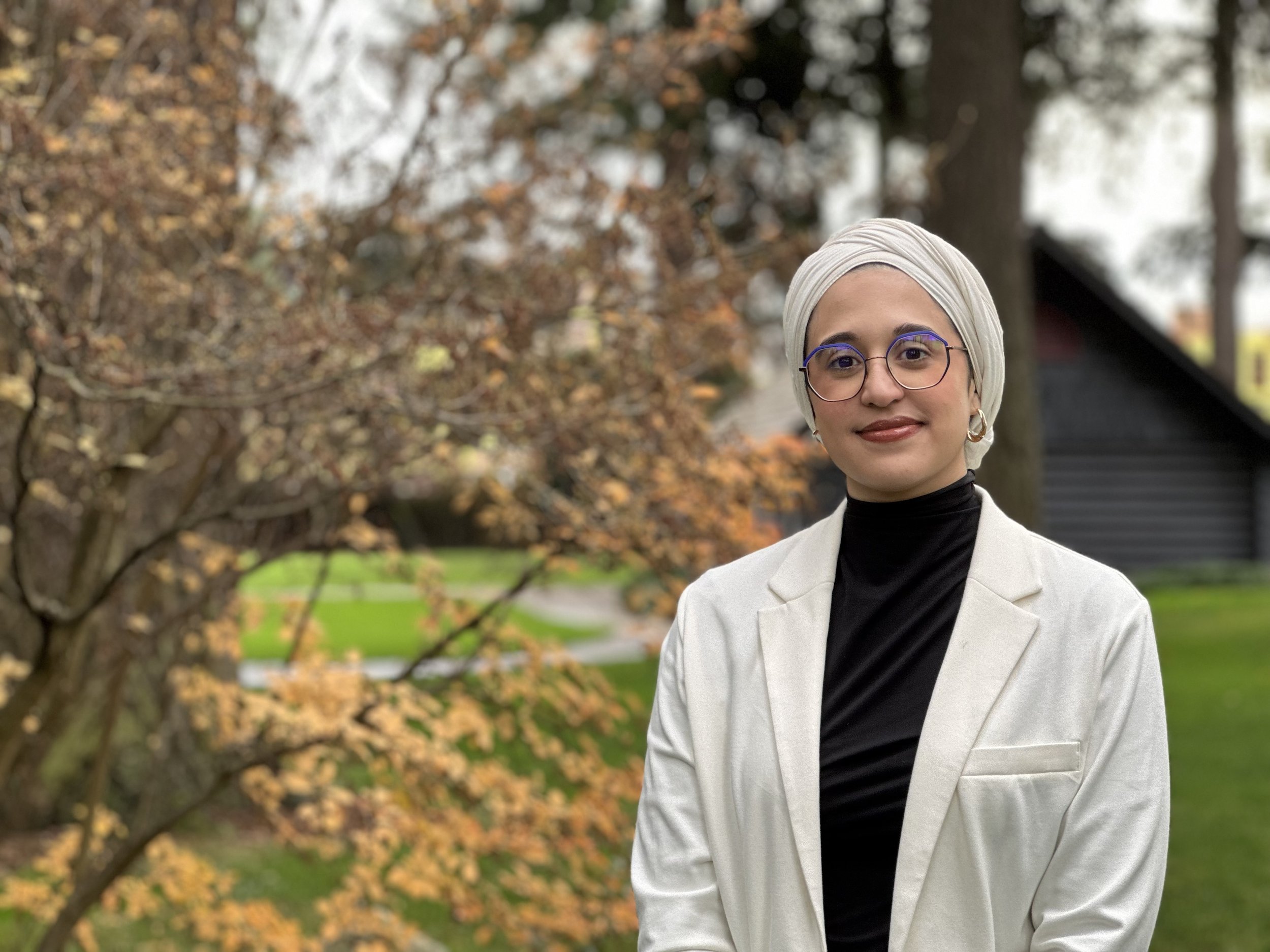Get to know Faraha
Hear from Faraha on her style, typical client, and wins
Q: What are your clients dealing with? What made them decide to actually seek help?
A: A lot of folks come saying they are having racing thoughts, rumination, and feeling unmotivated. The constant worry and anxiety get a lot of folks to see me. They want the thoughts to stop or slow down and to feel calm. They are also struggling with feeling motivated at work, and that’s causing stress in their personal lives. Many of them simultaneously deal with relationship issues, including communication problems with partners, family of origin, or close friends, as well as feelings of loneliness.
Q: How do you help these clients?
A: I ask a lot of questions. I want to break down with people what is happening: when you’re feeling anxious, what thoughts run through your head? What emotions do you feel? How do you cope with that? From there, we work together to determine the realism of those thoughts, identify the feelings you want to feel instead, and explore alternative coping strategies.
Much of my work also focuses on affirming people’s identities and experiences. I want to help them reach their goals, and still, I also want to explore whether these goals come from them or messages from family or society that are oppressive or unrealistic.
“I also want to explore whether these goals come from them for messages from family or society that are oppressive or unrealistic”
Q: What do clients say you’re good at? Why do they appreciate your work?
A: I’ve had clients tell me that I challenge just enough, but don’t push too hard when I notice they're not ready or interested. I’ve gotten feedback that they like my frank reactions to what they share. I provide validation for their experiences, and folks can trust that I will be honest with them.
Q: What’s a common moment of success for your clients that shows their progress?
A: Clients usually come in after a few months of working together and casually drop that they did something that they probably would not have done at the beginning of our work, I have had several clients after several months come in and update me about their week at the beginning of our sessions, not really therapeutic focused things, and I have to point out…wait, that’s not something you would have done six months ago?! You got out of bed and went to work without thinking about it?! You joined a new skating club but were too scared to leave your house when we met?! I start noticing progress when clients are doing things on their own and asking for less support from me.
“I really believe in sitting in discomfort and that much of our distress comes from not allowing ourselves to experience negative emotions. ”
Q: What’s your favorite kind of moment with clients?
A: I enjoy challenging a client, and they say something like, “Oh, you're right.” I want to reach a point with all my clients where we feel comfortable challenging each other, laughing together, and overall feeling connected.
My favorite moment with clients is when we’re deep in the pain. I truly believe in embracing discomfort, especially with other people, and that much of our distress stems from not allowing ourselves to experience negative emotions and share our distress with people who care about us.
Q: What’s a hot take you have about something in the therapy world?
A: Therapy is not always the answer. My most difficult moments in therapy are when we can’t “cope” ourselves outside of a systemic problem. Neither I nor my clients can fix things like homelessness, racism, or gun violence. Those can cause mental health issues, but they are not mental health issues.


